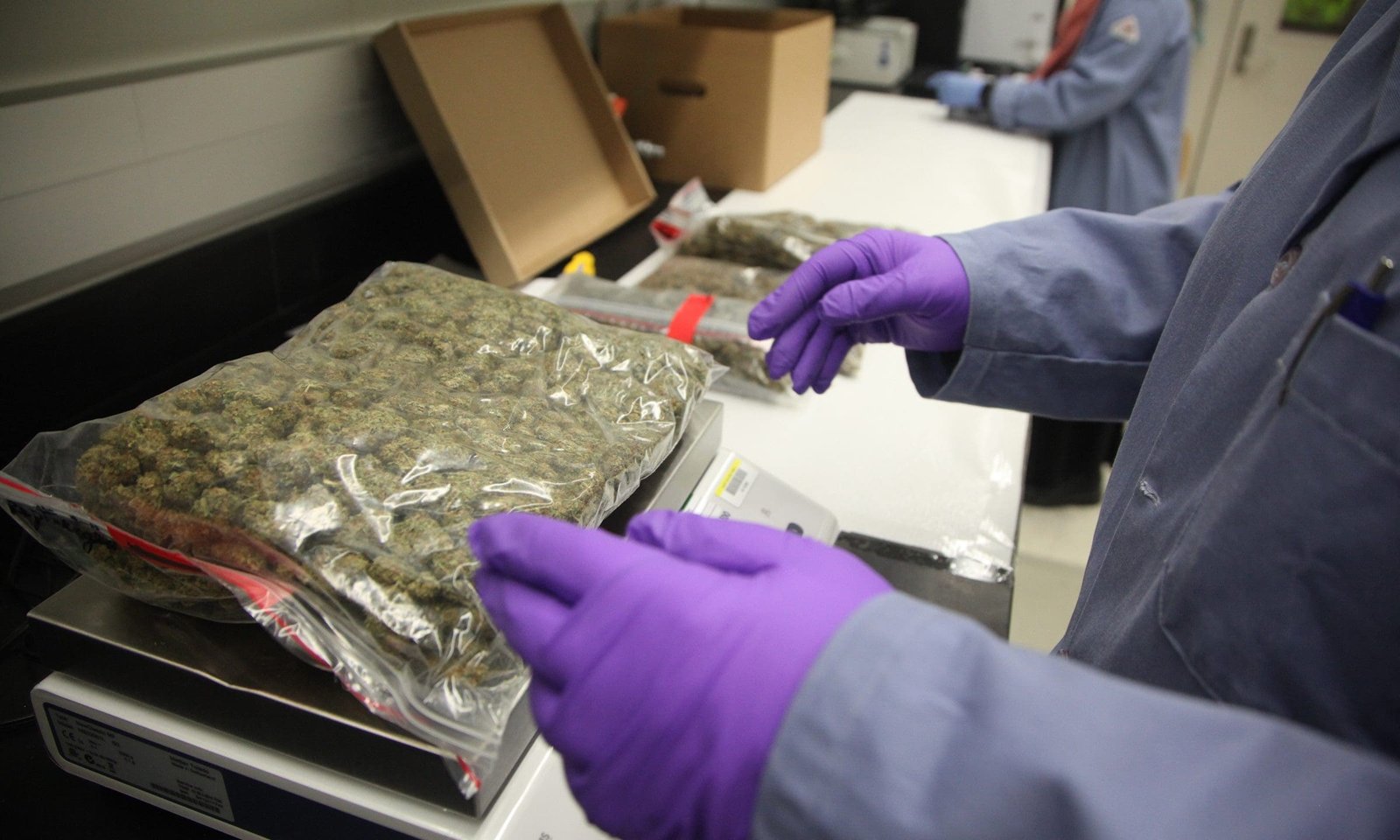A recent study from Basel, Switzerland, reveals that legal access to cannabis decreases problematic consumption, particularly among users of other drugs. The research, part of the Weed Care study, was conducted by an interdisciplinary team including the Addiction Department of the Canton of Basel-Stadt, the University of Basel, and other psychiatric institutions. It was published in the journal Addiction.
Initiated in January 2023, the Weed Care study involved around 370 participants who were split into two groups: one group had legal access to cannabis through participating pharmacies, while the other group continued to rely on illegal sources. Participants provided regular updates on their cannabis use and mental health through questionnaires.
Dr. Lavinia Baltes-Flueckiger, the lead author of the study, noted that this is the first controlled, randomized trial of its kind, contrasting previous observational research. The findings indicate a slight reduction in problematic cannabis use among those with legal access. Problematic use is defined as consumption that leads to health, social, or psychological issues, even in the absence of dependency.
Notably, the study found that individuals who used cannabis alongside other drugs experienced a significant decrease in problematic use when they had legal access. After six months, there was no observable difference in mental health symptoms, such as depression and anxiety, between the two groups.
After the initial six-month period, the control group was granted legal access to cannabis, which had been promised to them at the study’s outset to encourage participation. An interim assessment after two years indicated that about 300 participants remained in the study, and many reported improved mental health.
Professor Marc Walter, head of the study, commented that legal access to cannabis alleviates the burden on consumers. This study contributes valuable data to the ongoing discussion about the implications of cannabis legalization and its effects on health and consumption patterns.




